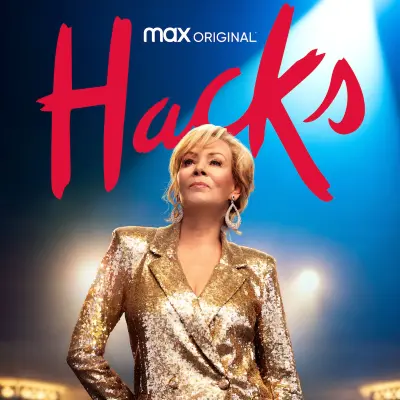Hacks does a disservice by not portraying comedy's creative process
-

“Hacks is not centrally concerned with the business of show business," says B.D. McClay. "Its biggest story lines involve changes in gender politics and tastes — in comedy, but not only comedy — across generations. The show that Ava eventually pushes Deborah to write sounds personal, confessional, more like Hannah Gadsby’s Nanette than a Vegas comedy set. But we never see it; we’re only told it bombed, which might have been interesting to watch. Ava’s other major intervention is accusing Deborah of not sticking up for other women, which leads to a scene in which Deborah lectures a male heckler, then pays him $1.69 million to never again enter a comedy club. Hacks can get away with this — can avoid showing its characters developing their work — because we accept the premise that they are both talented. If it wanted to suggest they were bad or mediocre at what they do, we would have to see it." McClay adds: "Television shows dedicated to creative work, and creative failure, are harder to find. There was 30 Rock, about a sketch-comedy show that was, pretty clearly, hacky, unfunny and poorly run. And yes, there’s probably only so much time audiences can be expected to spend watching people tinker with songs or jokes — but other kinds of television have figured out how to mix personal drama with the actual work of their characters. There’s no reason we can’t see Deborah and Ava working together; we just don’t. Hacks is meant to be a show about women and the work they do that goes unrecognized. But that work seems to be recognized least of all by the show. It would have been a crazy thing to dedicate an episode to Deborah’s routine and its failure to land. But it would have supplied the missing piece of her partnership with Ava. It would have been a crazy thing, but it would have made a better show, too."
